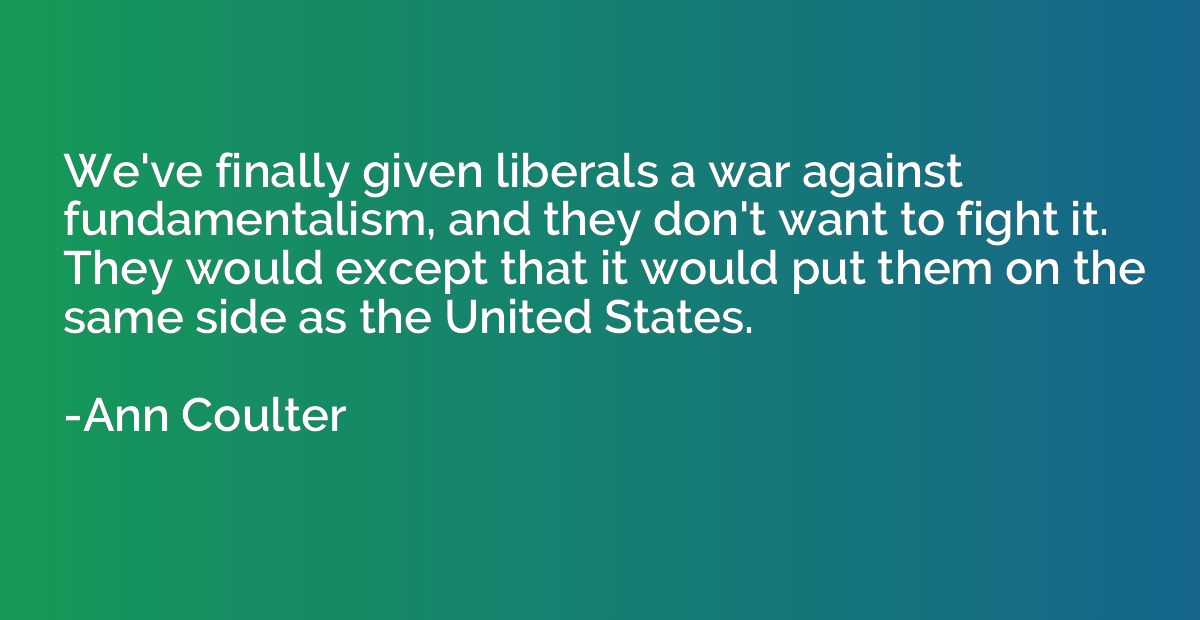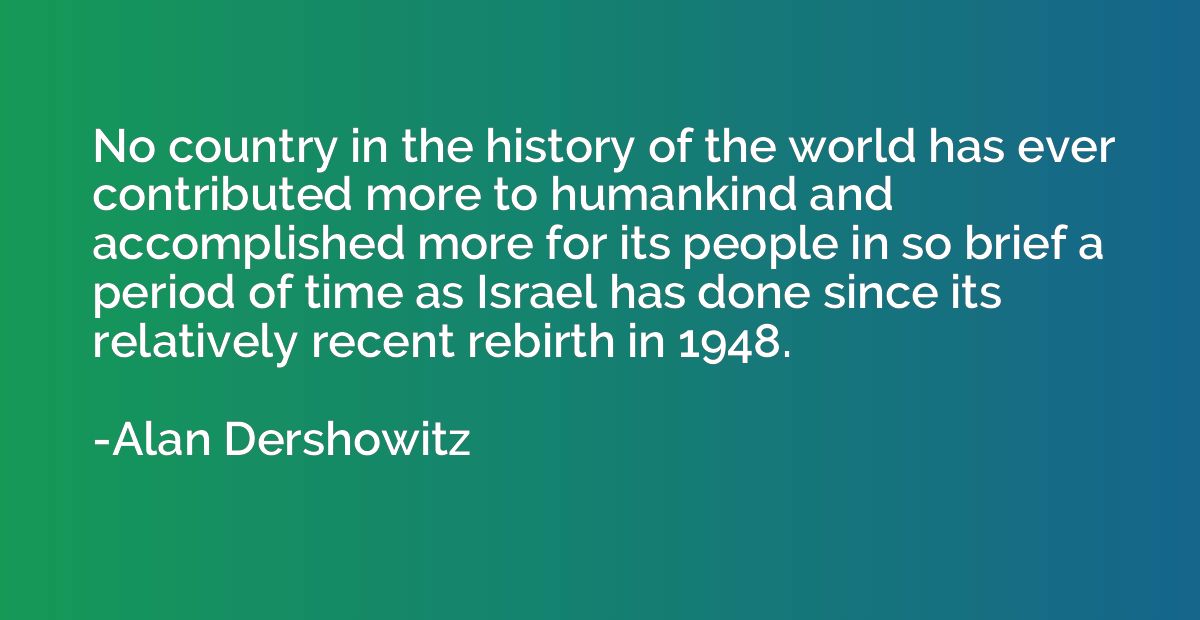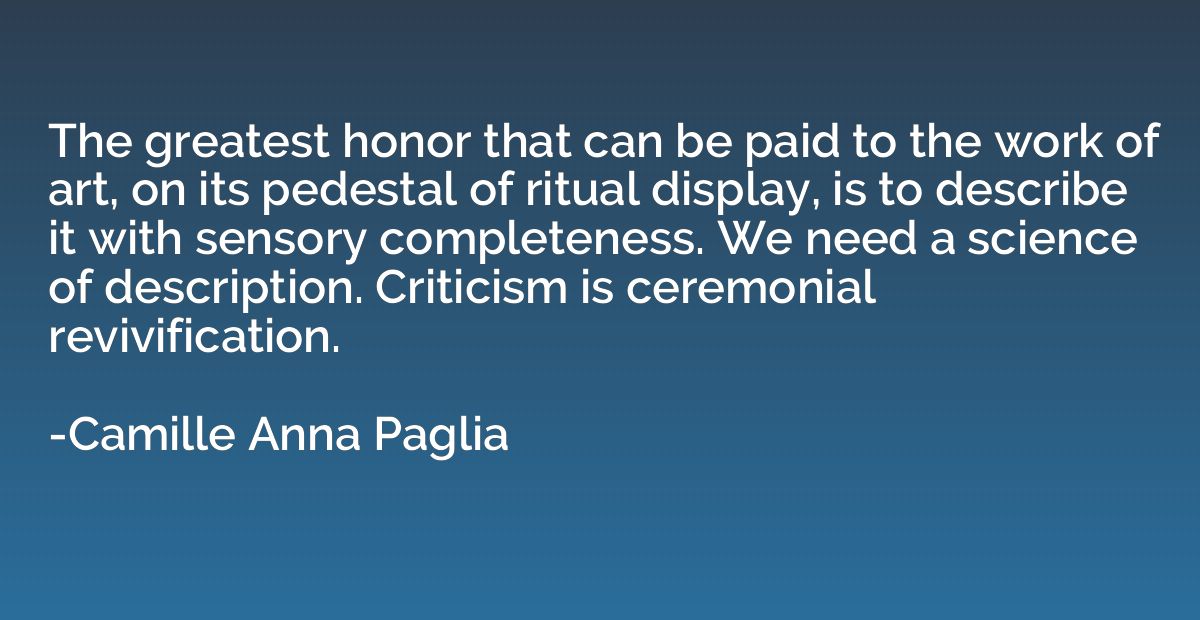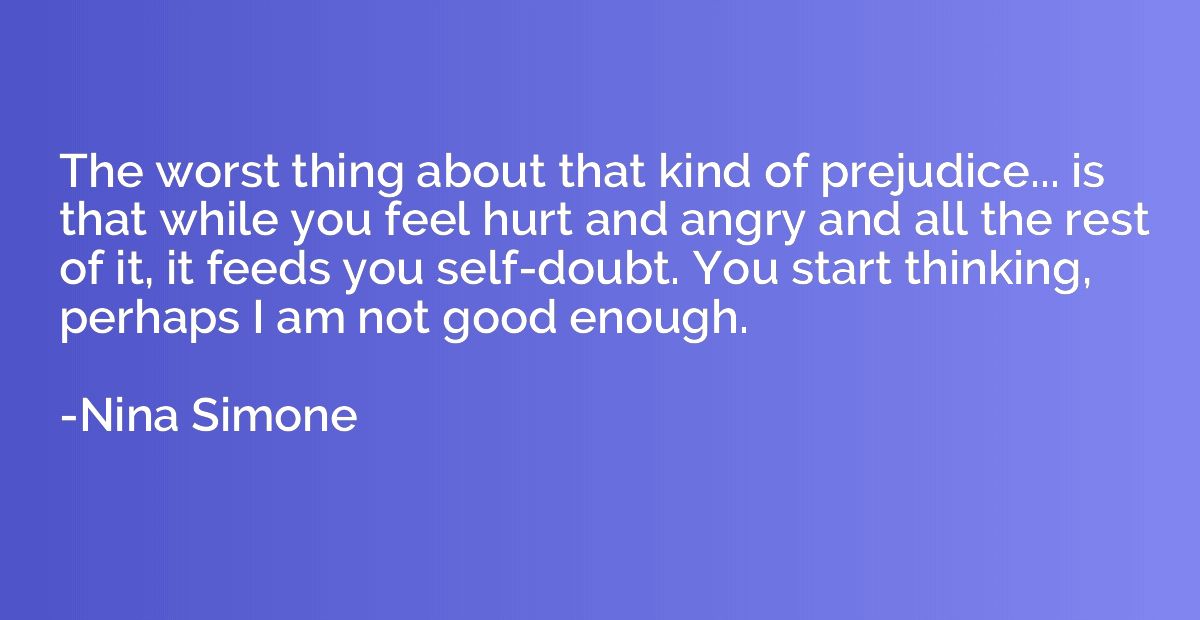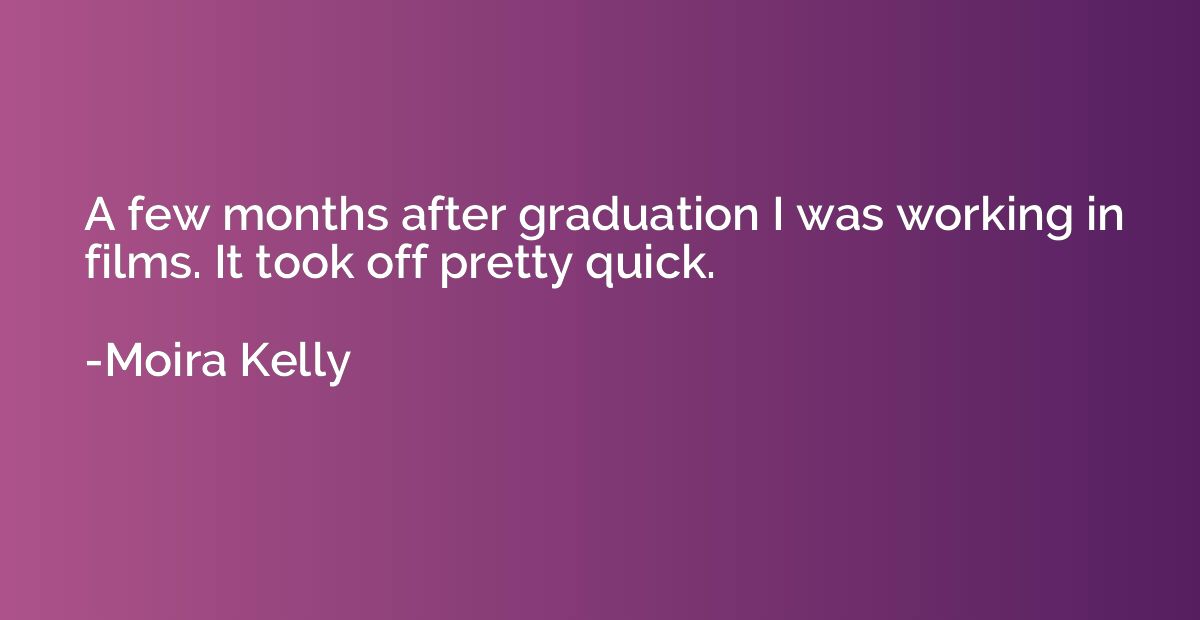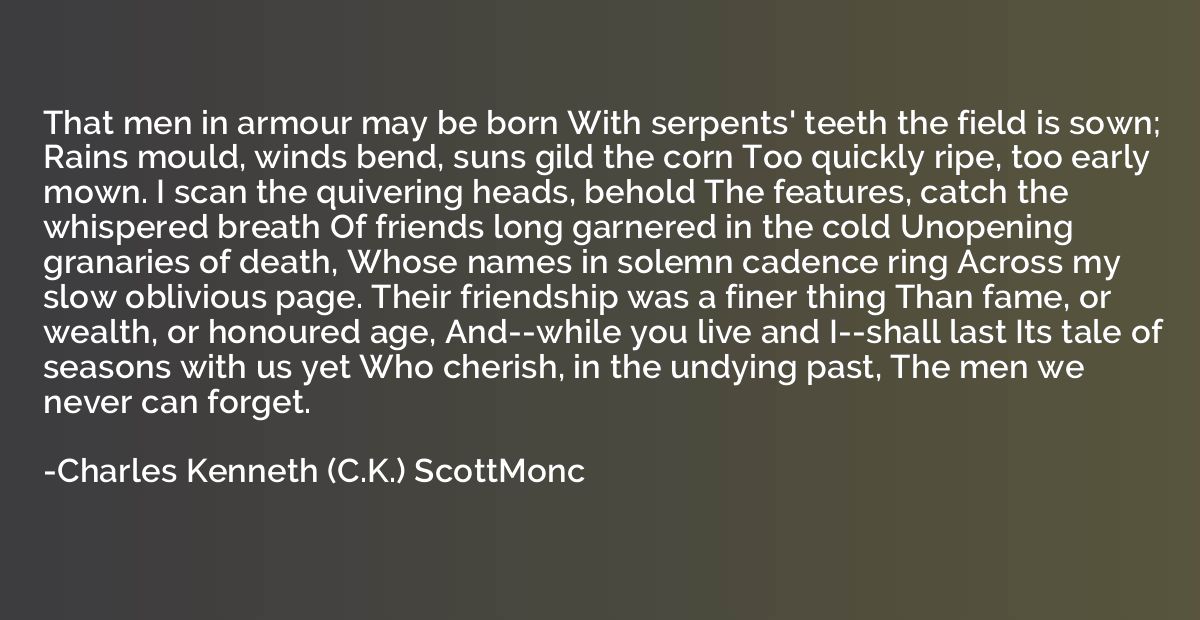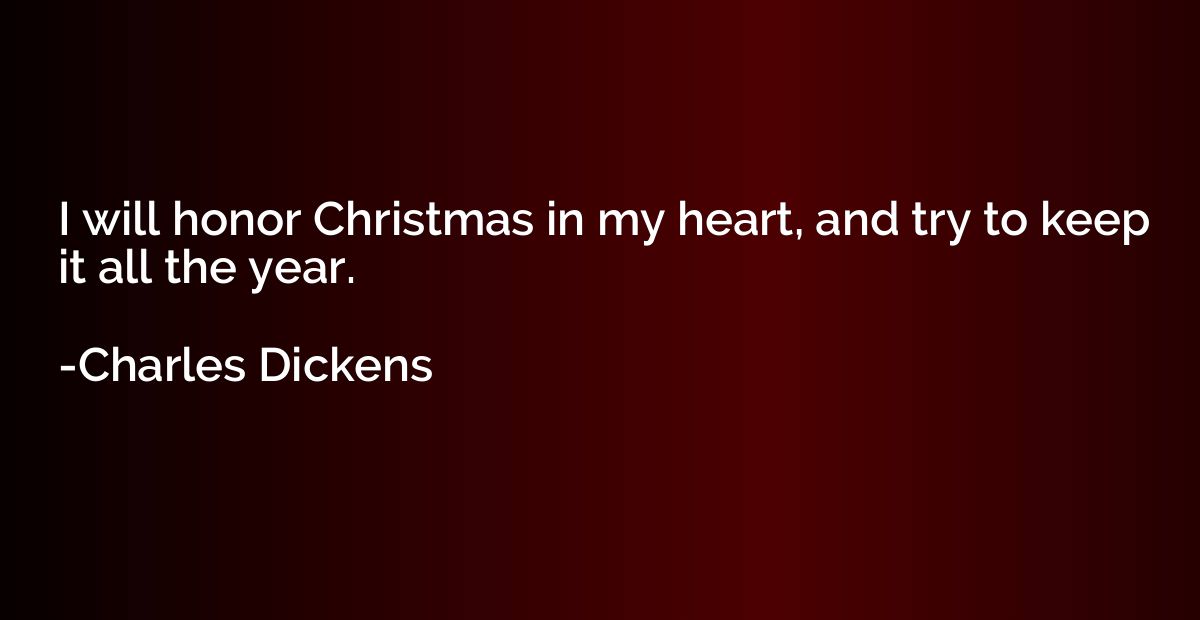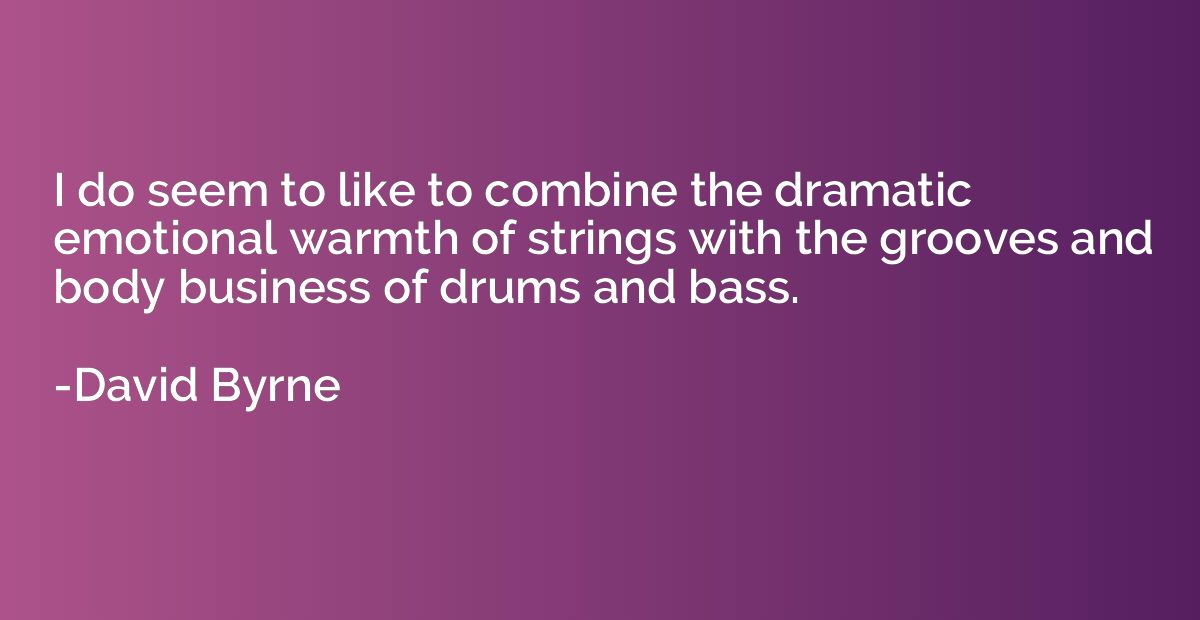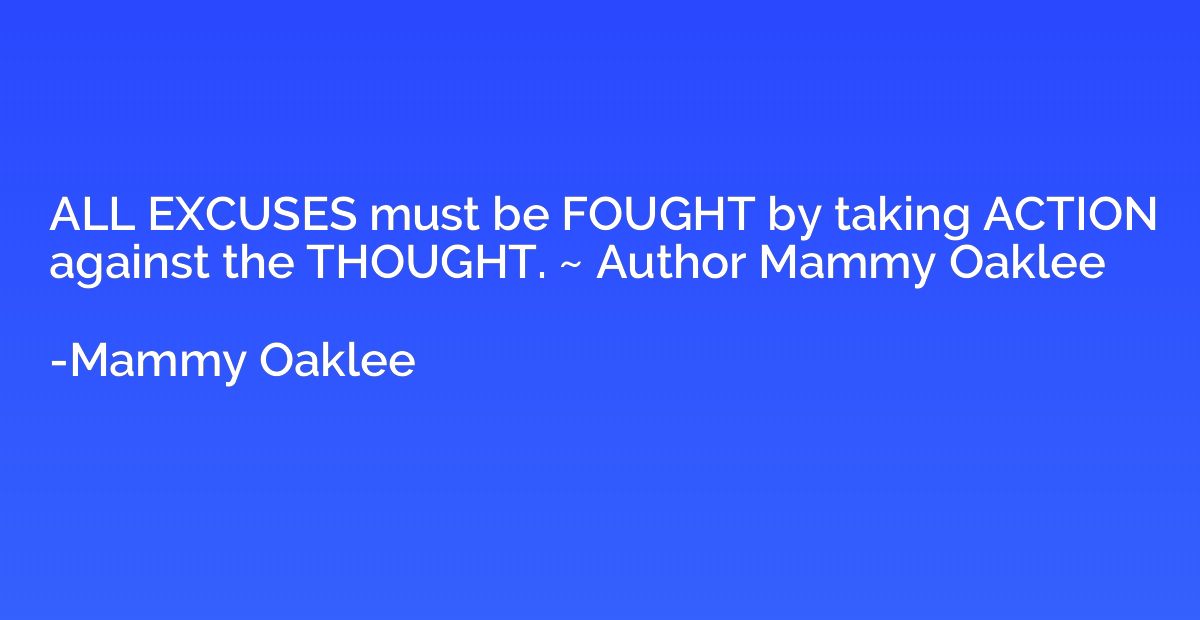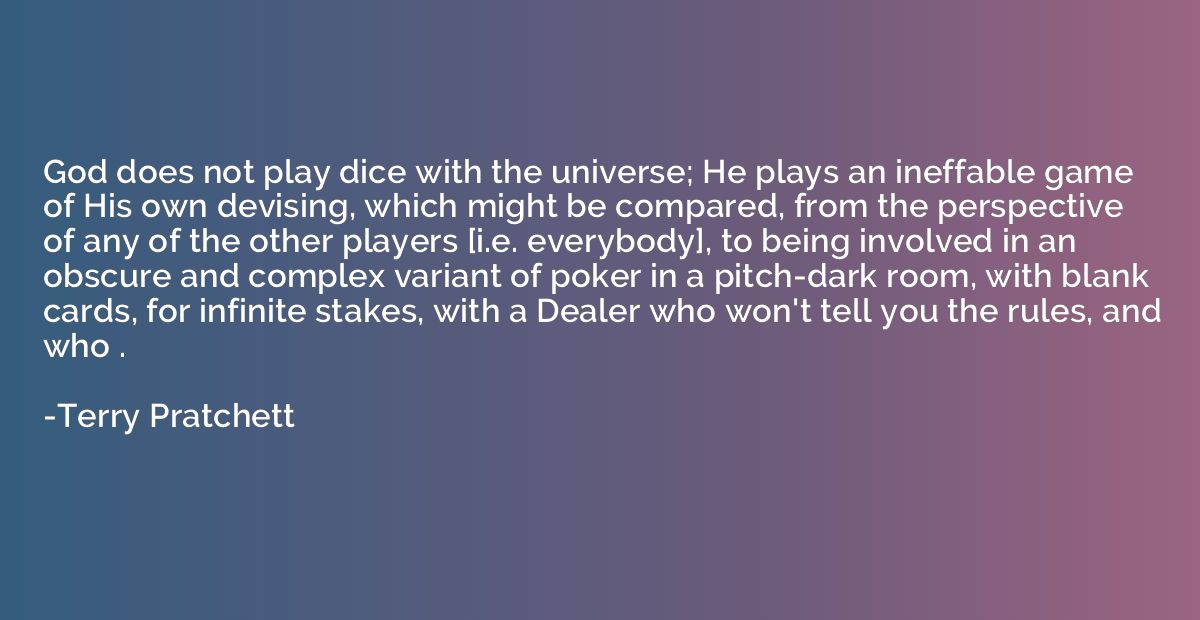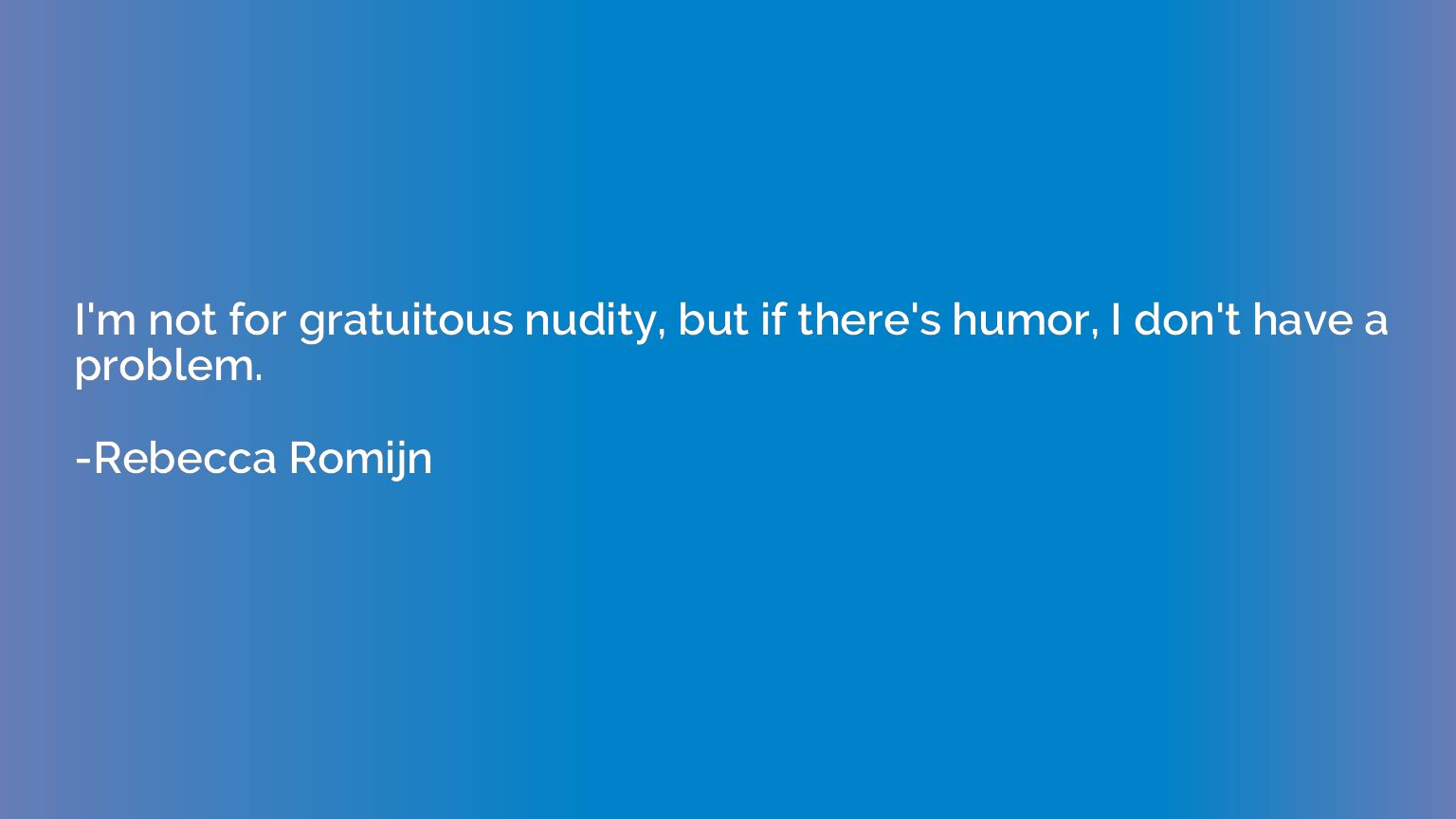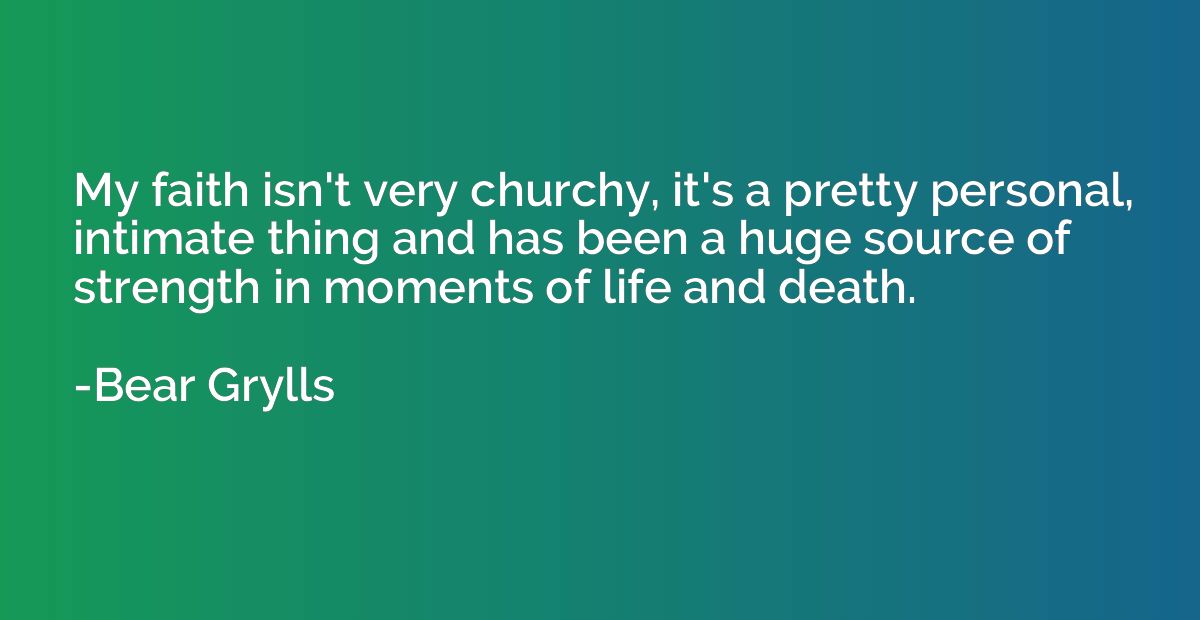Quote by Karen Armstrong
Today we often think that before we start living a religious life we have first to accept the creedal doctrines and that before one can have any comprehension of the loyalty and trust of faith, one must first force one's mind to accept a host of incomprehensible doctrines. But this is to put the cart before the horse.
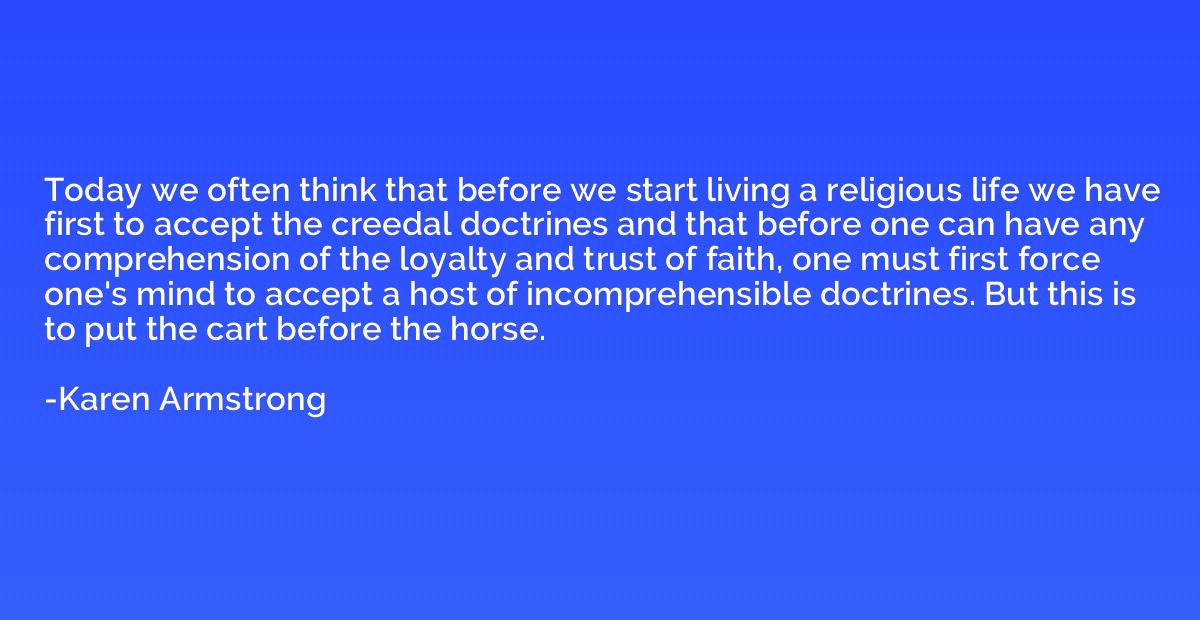
Summary
This quote suggests that many people believe that in order to live a religious life, one must first accept and understand a set of complex and often incomprehensible doctrines. However, the quote argues that this perspective is flawed. It argues that true faith and understanding can only come from a genuine loyalty and trust in religious teachings, rather than trying to force the mind to accept doctrines that one may not fully comprehend. Therefore, the quote emphasizes the importance of cultivating a deep connection and belief in religious principles before attempting to grasp the intricacies of the doctrines.



